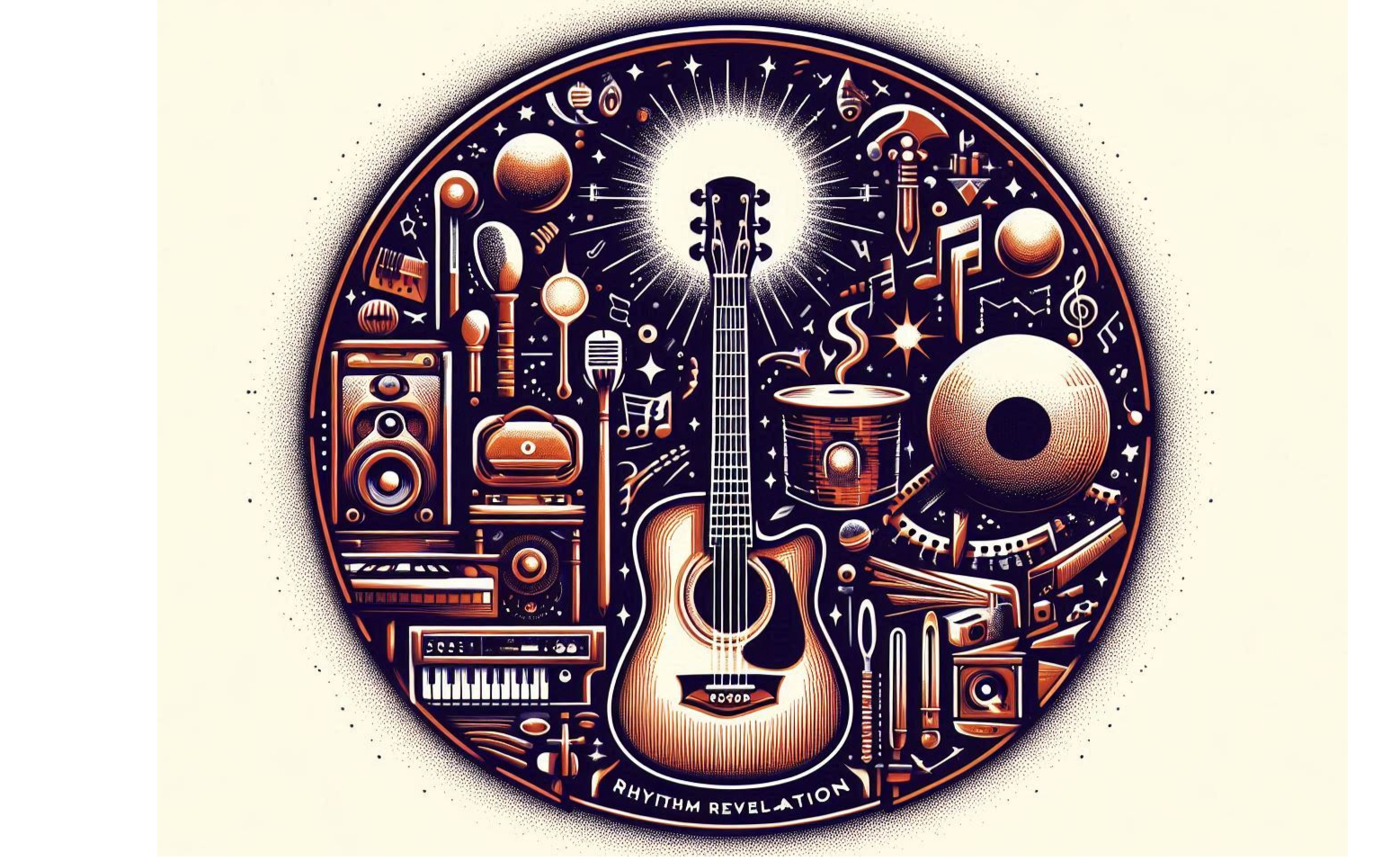Why do you want to pick up an instrument? This is where the journey kicks off. Playing music isn’t just about skill—it’s about passion and what ticks for you. Picture a sound or a genre that gets you jazzed up. Rock? Classical? Jazz? Each comes with its own set of instruments that resonate with those vibes. Identifying this helps narrow down your options.
Now think about what fits smoothly into your life. Whether you’ve got endless time to jam or just a few stolen moments, it matters when picking the right instrument. Some instruments take a bit more time to master, while others are relatively quicker to get the hang of. Matching your lifestyle with your choice is key to keeping that motivation rolling.
Comfort is king. Ever tried on a shirt that just didn’t feel right? Same deal with instruments. You gotta find one that feels like an extension of you. Whether it’s getting the hang of keys on a piano or feeling the tension of strings on a guitar, finding what’s comfy can make or break your playing journey.
Creativity is a wild card in making music. If you’ve got a soft spot for mixing and remixing, maybe electronic instruments or keyboards with a sleek setup could be your thing. For those who love the raw, unplugged sound, traditional strings might just be your best bet. It’s all about matching your creative spark with the right instrument to fan that flame.
Balancing ease of learning with your ultimate goals matters, too. If quick wins motivate you, pick an easier-to-learn instrument to build confidence and skills fast. If the challenge excites you, perhaps a more complex choice could satisfy your need for a deep dive into music-making. Ultimately, it’s about finding what clicks for you and keeps you driven.
Exploring Instrument Characteristics and Accessibility
Every instrument’s got its own vibe, and digging into those quirks can help you zero in on your match. From the soulful hum of a cello to the peppy twang of a ukulele, understanding how they tick makes all the difference. Think about the sound and style each instrument brings to the table and what tugs at your musical heartstrings the most.
Physical demands can turn a musical dream into a bit of a workout. Some instruments, like the trumpet, demand some hefty lung power, while others may require finger dexterity or a sharp sense of rhythm. Taking stock of these demands can save you a lot of frustration down the road.
Don’t forget about where you’ll be playing. Got neighbors who prefer quiet to cacophony? Acoustic guitar might jive better than a drum kit. If you’re on the go, something portable like a flute could be your key to keeping the music alive wherever you are.
Maintenance can sneak up on you if you’re not ready for it. Some instruments need regular tuning, cleaning, and care to stay in top shape. Factor in the long-term costs—whether that’s for strings, reeds, or professional maintenance—before diving headlong into your new musical hobby.
A bit of planning can help ensure musical bliss right from the start. Consider testing out different instruments. Visit music shops, rent a few options if you can, and listen to them in person. What sounds good on a YouTube video might feel completely different in your hands and ears.
Making an Informed Decision and Staying Committed
Trying out instruments before making a final choice can be game-changing. Borrow one from a friend or rent a few different types to get a feel for what really clicks with you. Hands-on experience offers insights that endless research can’t match.
Getting advice from experienced musicians can make your choice clearer. Whether it’s a teacher or online communities, there’s a wealth of knowledge out there. They can share insider tips, lessons learned, and how they stumbled upon their instrument of choice.
Setting realistic goals for your musical journey is crucial. Achieving early successes, no matter how small, can keep you inspired and moving forward. This isn’t about becoming a virtuoso overnight—it’s about enjoying the ride and learning as you go.
Creating a practice routine that fits into your daily life can help break down bigger skills into manageable steps. Finding time to practice, even in short bursts, keeps the momentum going. Consistent practice makes progress feel less like a leap and more like a natural progression.
Staying inspired can sometimes be the biggest hurdle. Surround yourself with music you love, whether that’s live concerts, online jams, or playlists filled with your favorite tunes. Feeling connected to your passion is what keeps the spark alive and makes learning feel less like a chore and more like an adventure.
